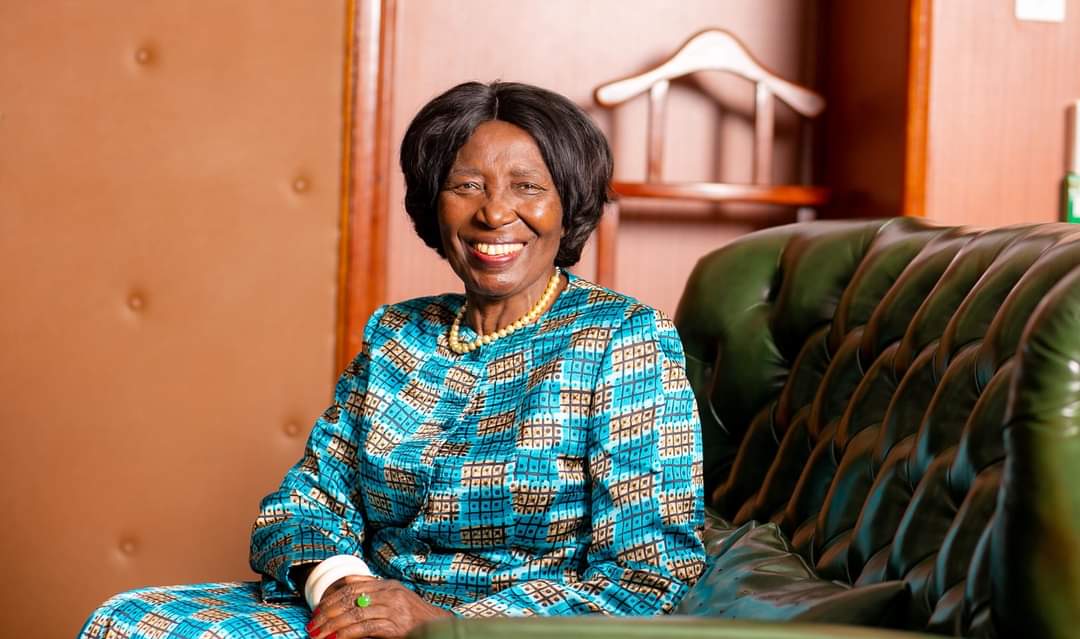Inonge Wina has made significant contributions to Zambian politics and society, breaking barriers as the country’s first female Vice President. Her journey is one of resilience, leadership, and advocacy for women’s rights. This article highlights 20 important aspects of her life and career, showcasing her role in shaping Zambia’s political landscape.
- Early Life: Inonge Wina was born on December 2, 1941, in Nalolo, Western Province, Zambia. She hails from the Lozi ethnic group.
- Education: She attended the University of Zambia, where she studied education and subsequently earned a degree in Adult Education.
- Early Career: Before entering politics, Wina worked as a teacher and later became involved in community development and women’s empowerment initiatives.
- Political Entry: Inonge Wina entered politics in the early 2000s, joining the United National Independence Party (UNIP) and later the Patriotic Front (PF).
- Ministerial Roles: She served as Minister of Gender and Women Affairs and later as Minister of Community Development and Social Services.
- Historic Achievement: In 2015, Wina became the first female Vice President of Zambia, a significant milestone in the country’s political history.
- Political Advocate: Wina has been a strong advocate for women’s rights and empowerment throughout her political career, pushing for gender equality in various sectors.
- Presidential Elections: She was appointed as Vice President by President Edgar Lungu after the death of President Michael Sata in 2014 and retained her position after the 2015 elections.
- Leadership Style: Wina is known for her collaborative leadership style, emphasizing consensus-building and inclusivity in decision-making processes.
- Role in Governance: As Vice President, she played a crucial role in government policies, focusing on social welfare programs and poverty alleviation.
- Public Engagement: Wina has been actively involved in various community outreach programs aimed at improving health, education, and economic opportunities for Zambians.
- Health Initiatives: During her tenure, she advocated for health initiatives, particularly those targeting maternal and child health, as well as HIV/AIDS prevention.
- Women’s Representation: Wina has consistently pushed for greater representation of women in politics, often speaking about the need for more female leaders in government.
- Zambian Culture: She is deeply rooted in Zambian culture and has emphasized the importance of cultural preservation and heritage in her work.
- Resignation: In 2021, Wina announced her resignation from the Vice Presidency following the defeat of the Patriotic Front in the general elections.
- Post-Vice Presidency: After her term, Wina continued to be active in various social initiatives, focusing on women’s empowerment and community development.
- Mentorship: Wina has taken on a mentorship role for young women in politics, encouraging them to pursue leadership positions and engage in civic activities.
- Recognition: Throughout her career, she has received various awards for her contributions to gender equality and women’s empowerment in Zambia.
- Personal Life: Wina is married and has children, balancing her family life with her demanding political career.
- Legacy: Inonge Wina’s legacy as a trailblazer for women in Zambian politics continues to inspire future generations of leaders, highlighting the importance of diversity and representation in governance.
In conclusion, Inonge Wina’s contributions to Zambia have paved the way for future female leaders, demonstrating the power of perseverance and advocacy. Her journey reflects the ongoing fight for gender equality and empowerment in politics, serving as a beacon of inspiration for many.






